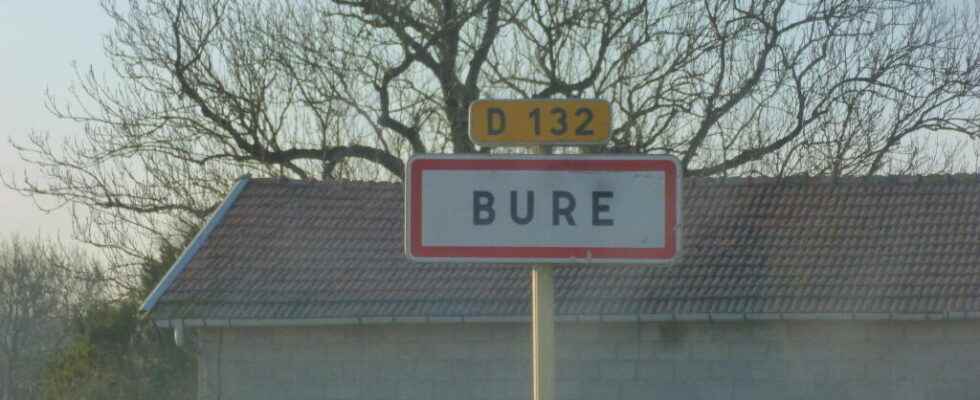The controversial project for a nuclear waste burial center in Bure (Meuse) has been declared of public utility » and inscribed « among the operations of national interest “, according to two decrees published Friday, July 8 in Official newspaperopponents denouncing a “ forced passage “.
” The Cigéo deep geological repository for high-level and intermediate-level long-lived radioactive waste “is declared” of public utility says one of the decrees. ” The expropriations of land necessary for (its) realization (…) are carried out before December 31, 2037. The expropriations concerning only the subsoil are carried out before the end of the pilot industrial phase (…) at the latest on December 31, 2037. December 2050 “, specifies the decree. He adds that the National Agency for Radioactive Waste Management (Andra), which is piloting the project, ” must, if necessary, remedy the damage caused to agricultural holdings “.
Andra will also be responsible for the ” measures (…) intended to avoid, reduce and compensate for the significant negative effects of the project (…) on the environment and human health as well as the associated monitoring procedures “, continues the text. A separate decree, also published on Friday, lists Cigeo among the operations of national interest (OIN), urban planning operations with a ” special legal regime due to ” of their “ major interest “, according to the site data.gouv.fr.
These two texts are signed by the Prime Minister, Élisabeth Borne, and the Ministers for Energy Transition, Agnès Pannier-Runacher, and for Ecological Transition and Territorial Cohesion, Christophe Béchu. In December, the public inquiry commission had already concluded that Cigeo was ” timely, relevant and robust » and that its public utility was « proven “.
► To (re) listen also: In Bure, the fight against the landfill
“A serious democratic denial”
The publication of these decrees immediately caused opponents of Cigeo to react, the Sortir du Nucléaire network denouncing in a press release “ an unacceptable public utility for a dangerous project “.
” It is a project that is moving forward at a forced march, says Joël Domenjoud at the microphone of Marion Pivert of the RFI France service. We came out of a public inquiry last year with a lot of questions and few answers, with quick validation from the investigating commissioners who did not take up most of the remarks that had been made by the environmental authority. So, for us, we are approaching the Cigéo project with a public utility that is not at all unanimous locally. What we are sent as a message is that, in any case, the project is progressing and it will be done with or against you. In the coming weeks, we will be appealing against the decree of public utility, there is also the operation of national interest which is a second decree which will allow the State to replace local authorities in operations of town planning. So, for us, it’s a serious democratic denial, a short-circuit on the part of the state on a project that is coming, right after the elections, as soon as possible, and just before the summer. »
” This is a public utility of circumstance on a mountain of major doubts “, also indicated on Twitter the Cedra52 association. The Cigéo project aims to bury, 500 meters underground, 85,000 m3 of the most radioactive waste from the French nuclear fleet.
(and with AFP)
► To read also: Nuclear: the Tricastin nuclear power plant in the crosshairs of justice
